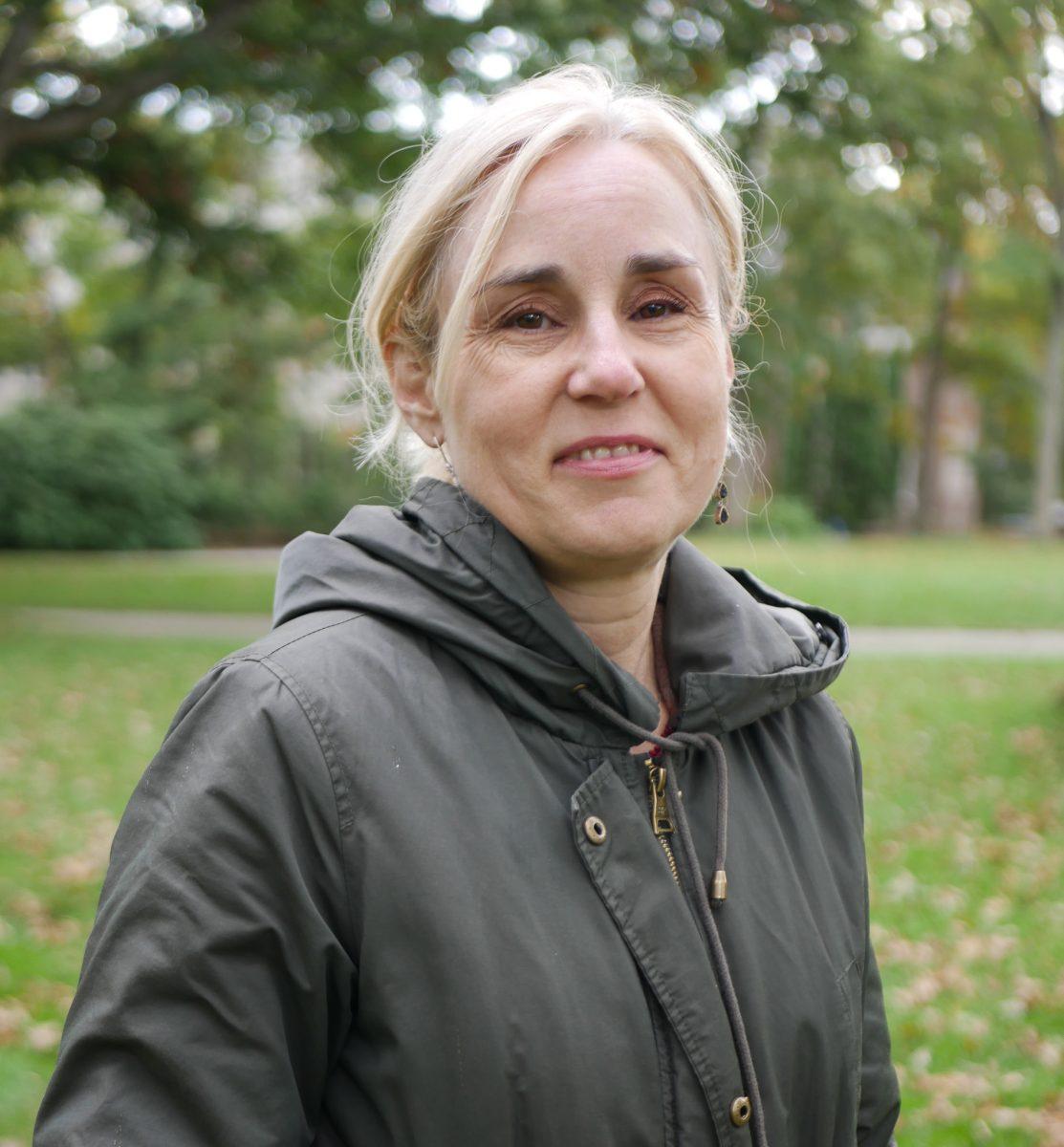Over the last few years, Wellesley has undergone a vast movement towards sustainability in the hopes of reducing the footprint the campus and its students have on the environment. Two years ago, the college hired a sustainability coordinator, Dorothea Von Herder, who focuses on making Wellesley’s environment as eco-friendly as possible. Through various programs and startups, Herder has helped keep countless goods out of the trash and recycled thousands of dollars worth of clothing.
“Through the various sustainability projects, we have kept over two tons of Wellesley College materials out of Massachusetts landfills and has saved an estimated $75,000 worth of goods through recycling,” said Herder.
Two of the most notable sustainability events that Herder leads are the sustainability sale in August and move out donation drive in May. At the end of every school year, Wellesley students are encouraged to donate any unwanted, gently used clothes, school books, dorm accessories and appliances to the fundraiser. Then, at the beginning of the following fall semester, students have the ability to purchase the goods at a reduced price, all with the knowledge that the products have come from a sustainable source.
Herder has also increased the college’s participation in the “Food for Free” program. This program takes leftover food from Wellesley, Babson and Olin and redistributes it around the community to those who need it. The program encourages communities to stop wasting excess goods and provides disadvantaged members of the community with free, safe, nutritious food.
“I have always been extremely interested in food rescue with local grocery stores and wanted to create a collaborative effort between non-profits, local schools and areas colleges to synergize all of them,” said Herder.
Herder has dedicated significant time to not only protecting the Wellesley College environment, but also that of the broader New England area. In 2017, after two long years of hard work, Herder and the college community were awarded the Environmental Protection Agency (EPA) Merit Award, the highest regional recognition an organization or person can receive for their efforts to protect the New England environment.
Currently, Herder is trying to wrap her brain around the amount of trash that exists on this campus, what to do with the recyclable goods and how to create less trash in general. She is constantly in meetings with local non-profits and area universities in order to connect them with Wellesley and create a more sustainable environment.
“I work with faculty to integrate sustainability into the curriculum and connect subject matter with sustainable practices or social issues regarding sustainability,” said Herder.
Herder has been impressed by the student involvement and dedication on sustainability matters and loves working with such passionate young people.
“I love how my role allows me to intersect with future leaders and help young people gain experience and skills in fields that will benefit them later on in their careers. I truly believe that this generation of college students will solve the pressing sustainability issues we are all facing,” said Herder.
So, how can Wellesley students get involved in campus sustainability? Look around! Herder is constantly organizing various programming events in residence halls about how to leave the smallest footprint possible. She also regularly offers courses and workshops in sustainability that talk about reducing water and energy consumption and how to recycle more goods. Overall, there are endless ways to play a bigger role in campus sustainability, and Herder is always looking for new volunteers.






